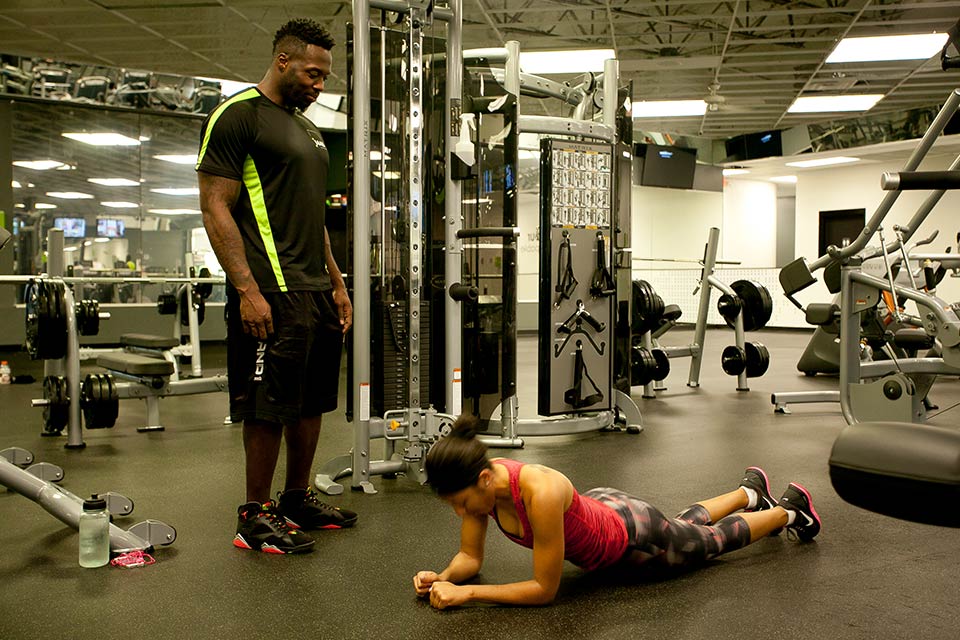

- #Employees using personal computers at work software#
- #Employees using personal computers at work professional#
- #Employees using personal computers at work windows#
#Employees using personal computers at work professional#
After all, both remote work and BYOD policies mean you’re starting to mix your personal life and professional life. This is a discouraging statistic considering how cybercriminals gained remote control of a U.S. With both remote work and bring your own device (BYOD) policies on the rise, employers had to turn to advanced monitoring devices for computer use that, although installed for a reasonable purpose, could set off alarms in your head. Furthermore, only 12% of WFH employees say they disable remote access when they’re not using their computer for work.
#Employees using personal computers at work software#
In fact, companies that transitioned to work-from-home at the onset of COVID-19 have been significant targets for cybercriminals, with 27% of these organizations reporting a cyberattack during the pandemic.ĭespite the threat, remote workers’ security protocols and software remain troublingly lax, with 42% of employees admitting they don’t have antivirus protection installed on the device they use most while working from home and just 22% saying they use enterprise-grade passwords. In the current threat-filled cybersecurity landscape that has taken a historic number of organizations as victims, the above highlights just how vulnerable enterprises remain in 2021. Cross-sectional survey data pooled from four national surveys in years 2006, 2010, 20 with a study sample of 6368 employees (mean age 42.9 years and 52.9 females) were used. There really is a difference between home editions and office editions of both software.

35% of traditionally office-based employees say they will continue working from home two to three days per week, 12% note they’ll remain remote full-time, and 11% plan to work primarily from home long-term. The study’s objective was to investigate the associations between workplace conflicts and self-reported sickness presenteeism defined as going to work while being ill. Allowing employees to use their personal computers for work may seem like a good idea, especially from a financial aspect, but that means the company is at the mercy of the employee’s home protections and policies. workers’ plans to remain remote in at least some capacity post-pandemic. An employer also may restrict an employees access to the internet or access to certain websites, or prohibit personal usage of workplace computers altogether. Employees use social media for both work and social purposes. Along witbenefits, social media also has negative consequences. It’s kinda overwhelming.Morphisec also uncovered U.S. The trend of using social media in the workplace is now becoming ubiquitous. Many people like the seamlessness of doing both work and personal activities on the same computer. For example, BYOD policies allow you to use your personal computer, which you might be more familiar with than a new work computer.

On top of all that, the wasted time we are sinking into trying to troubleshoot all kinds issues from various antimalware and different computer manufacturers is severely hurting our department, we are down to 3 people: one guy who is being stretched thin because he’s been working at our company for so long, myself, who is still very new, and another guy, who has only been here about a month and still in training. During this unexpected remote work era, more than half (56) of employees reportedly use their personal computer as their work device, a Morphisec report found. There are benefits to bring-your-own-device (BYOD) computer policies at work.

A report from cybersecurity vendor Morphisec released in June 2020 found that 56 of employees reported using their. Executives wanted to use their iPhones and Macbooks at work, which made it ha. But a while ago a movement started called BYOD, which you would find discussed in industry newsletters etc. I’m not going to pretend to know the security side of things, but it just seems like a liability putting company software on personal devices on this kind of scale. And then of course theres the flip side, using a personal device for work. For years the answer was generally no, for all the reasons Robin Sayer mentions. Our IT management is refusing to purchase more laptops because they want the budget to stay down to make the department look good.
#Employees using personal computers at work windows#
This is causing ALL kinds of problems from their antimalware clashing with ours and not allowing Citrix to detect their headsets to Windows lockout loops because employees leave the session open, it’s just a been a mess. Like most companies right now, my company has sent people to work from home and we are using Citrix to have them remote in from their personal PCs (Personal, Personal Computers?) into their work computers.


 0 kommentar(er)
0 kommentar(er)
